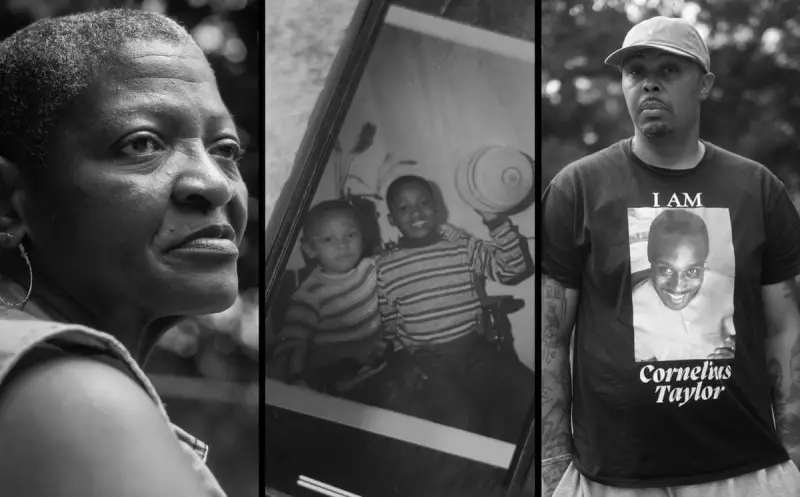
The death of 66-year-old Cornelius Taylor, a man experiencing homelessness in Atlanta, has become a painful symbol of systemic failure. His body was discovered near a busy downtown underpass, sparking urgent questions about how a vulnerable senior could slip through the city's safety nets.
A Life of Quiet Struggle
Cornelius Taylor was known to local outreach workers as a gentle presence who kept largely to himself. Despite efforts by charities to connect him with housing services, Taylor repeatedly fell through the cracks of Atlanta's support system. His death highlights the critical gaps in care for the city's most marginalised residents.
Systemic Failures Laid Bare
Advocacy groups point to several concerning factors in this case:
- Inadequate shelter capacity: Atlanta's homeless shelters consistently operate at full capacity, leaving many like Taylor with nowhere to go
- Complex bureaucracy: Navigating housing assistance programmes proved challenging for vulnerable individuals
- Limited mental health support: Taylor's situation reflects broader issues in accessing critical psychological services
Community Outcry and Official Response
Local activists have organised vigils and are demanding a thorough investigation into the circumstances surrounding Taylor's death. Atlanta city officials have acknowledged the tragedy but face growing pressure to implement meaningful reforms to prevent similar occurrences.
"This isn't just about one man's death," said a local homelessness advocate. "It's about a system that failed at every turn. Cornelius Taylor deserved dignity and care in his final years, not to be left to die alone on the streets."
A Call for Action
The tragedy has reignited debates about urban homelessness strategies across the United States. As Atlanta grapples with this loss, many hope it will serve as a catalyst for genuine change in how cities support their most vulnerable inhabitants.





